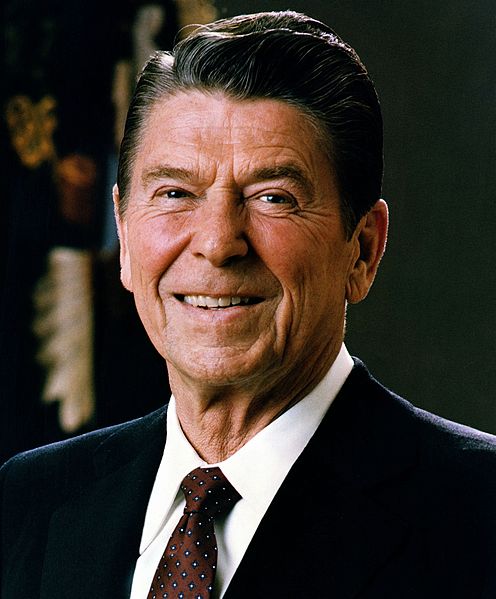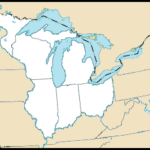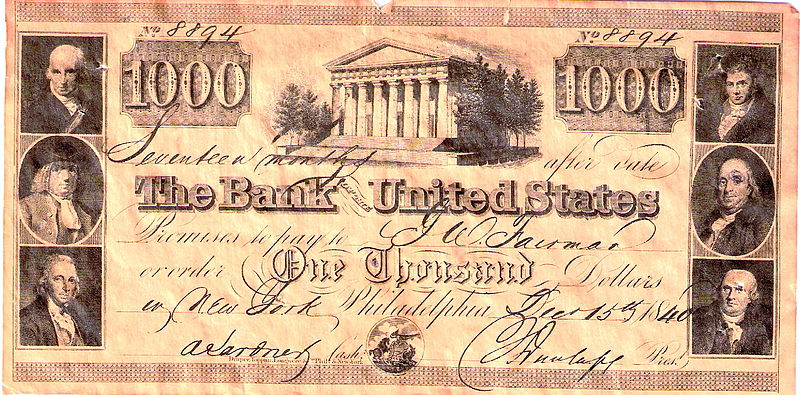In the late 1800s, big business rose largely unchecked. The 1890 Sherman Antitrust Act was one of the earliest governmental measures to curb corporate power. Sherman Antitrust Act APUSH questions will assess your understanding of the reason for and impact of this key legislation.
What is the Sherman Antitrust Act?
The Sherman Antitrust Act was a law passed by Congress in 1890 that was designed to combat the monopolies that were running rampant in American business. Big business had so far gone mostly unchecked. Industrial giants were free to form monopolies that drove out competition. Price fixing, pools, and cartels were commonplace. Finally, the government instituted a degree of regulation with the Sherman Antitrust Act.
Key provisions of the Sherman Antitrust Act:
- Outlawed any combination that restricted interstate commerce or trade with foreign nations
- Outlawed attempts to “monopolize any part of the trade or commerce among the several States, or with foreign nations”
Important year to note for the Sherman Antitrust Act:
1890: Sherman Antitrust Act is passed
Why is the Sherman Antitrust Act so important?
The Sherman Antitrust Act was the first federal law that placed limits on concentrations of power deemed harmful to trade and competition.
When it was first passed, the Sherman Antitrust Act was largely ineffective at stopping industrial monopolies. Courts at the time tended to hold a very narrow view of what constituted “trade or commerce among states,” and most companies were not held liable under the act. In fact, in its early years, the organizations most commonly prosecuted under the Sherman Act were not corporations, but trade unions, which the courts ruled were illegal combinations.
Despite these early setbacks, the Sherman Antitrust Act was important in setting the stage for more strict government regulations of big business. The Sherman Antitrust Act started to be enforced more strongly against corporations during the administration of the famously “trust-busting” President Theodore Roosevelt (1901-1909). The Woodrow Wilson years also saw the Sherman Act strengthened by the passage of related legislation such as the Clayton Antitrust Act and the formation of the Federal Trade Commission.
What are some historical people and events related to the Sherman Antitrust Act?

- John Sherman: Ohio Senator for whom the law was named (pictured above)
- Benjamin Harrison: President who signed the Sherman Antitrust Act into law
- Theodore Roosevelt: Progressive president who was the first to aggressively enforce the Sherman Antitrust Act
What example question about the Sherman Antitrust Act might come up on the APUSH exam?
“Every contract, combination in the form of trust or otherwise, or conspiracy, in restraint of trade or commerce among the several States, or with foreign nations, is hereby declared to be illegal. Every person who shall make any such contract or engage in any such combination or conspiracy, shall be deemed guilty of a misdemeanor, and, on conviction thereof, shall be punished by fine not exceeding five thousand dollars, or by imprisonment not exceeding one year, or by both said punishments, at the discretion of the court.”
-Sherman Antitrust Act, 1890 (Source)
The Sherman Antitrust Act was
A) immediately effective as a check on monopolistic business practices.
B) originally intended to apply only to trade unions.
C) only applicable to businesses that engaged in intrastate commerce.
D) an important early step toward greater government regulation of business.
Answer:
The correct answer is (D). The Sherman Antitrust Act was not strongly enforced for at least a full decade after its passage; however, it did lay an important foundation for government regulation of business. It was the first step in giving the government the power to check the power of big businesses and break up trusts that were harmful to competition.





Leave a Reply